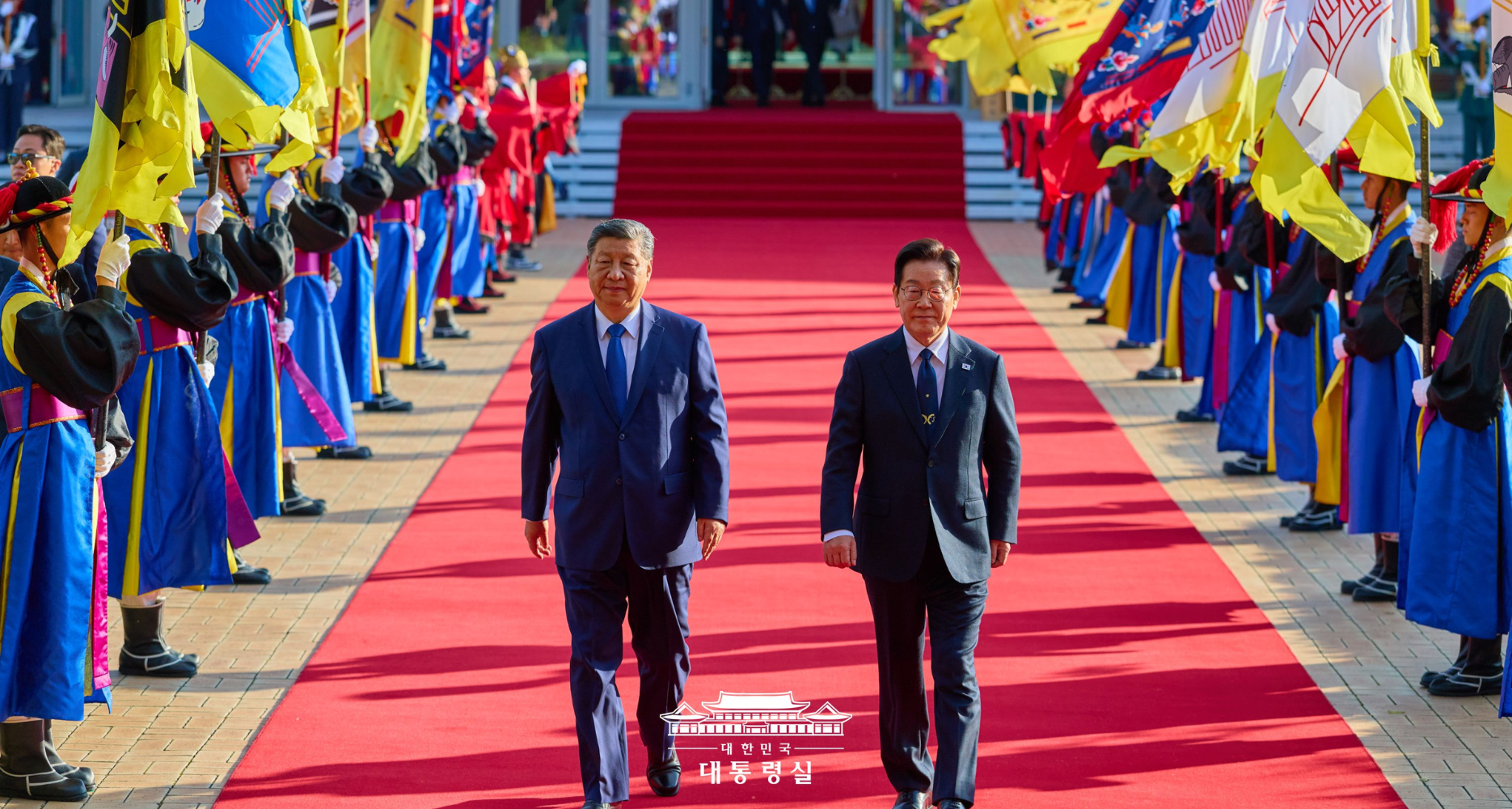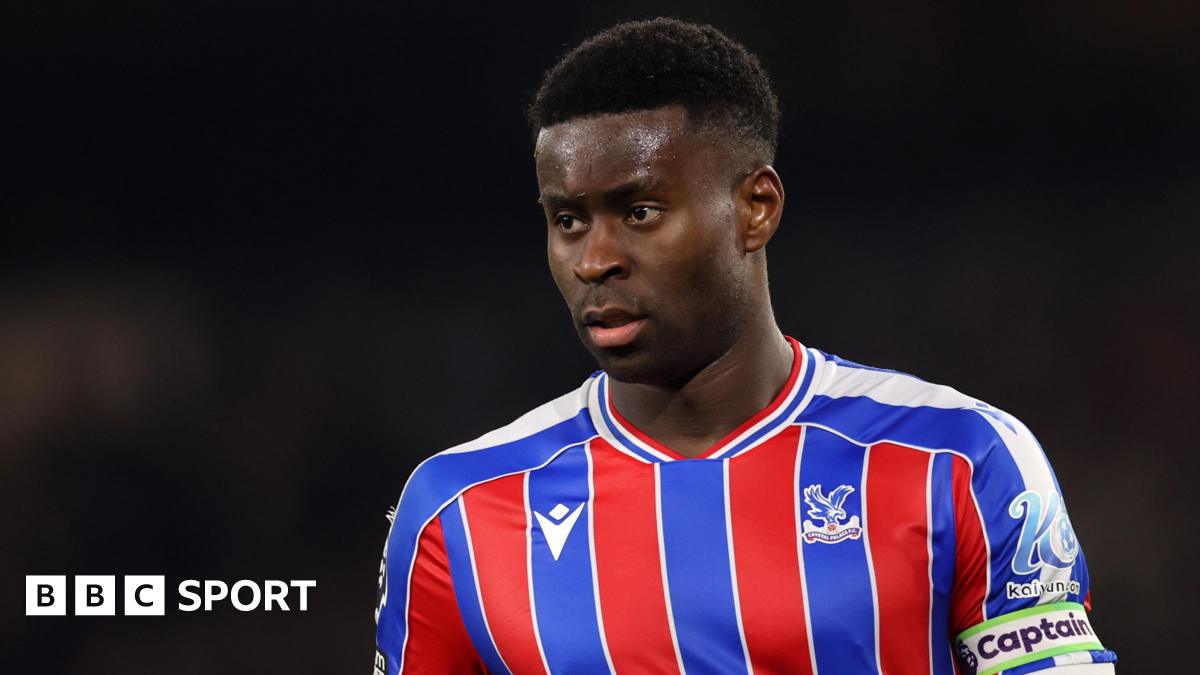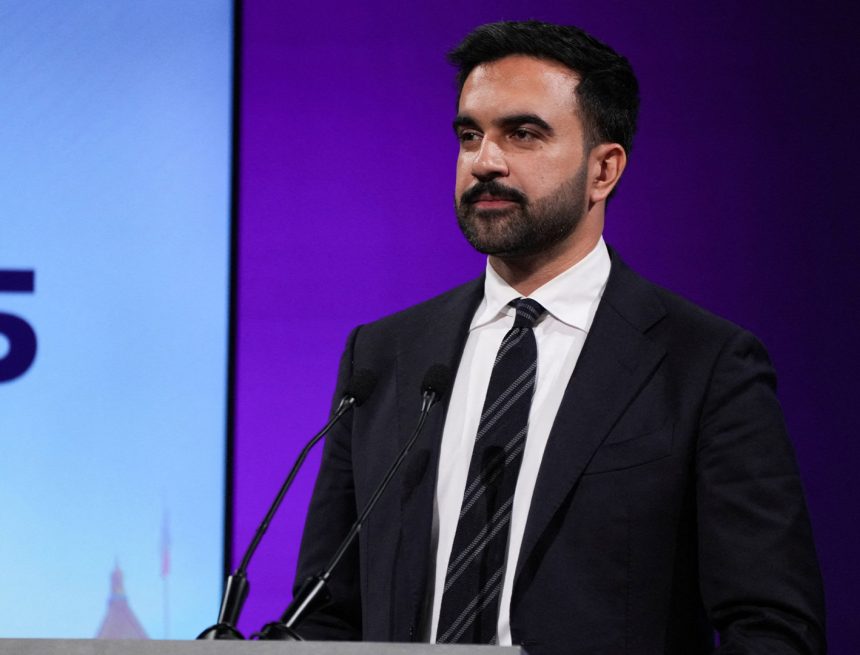When I was a 20-year-old undergraduate student at Cambridge University, I was plastered all over the national press for making a tweet about white people. It has not turned out to be a big deal for my life or career, but at the time it felt monumental: racist hate mail was sent to my college for months; the Conservative MP Bob Blackman called for my prosecution; and tabloid journalists turned up at my home and harassed my mother (it was August, a famously slow news month). I received a lot of support from the student population, alumni and the police (and none from the university, bar a few kind academics), but it cast a shadow over the rest of my time there – I worried about what future I could have or what employer would hire me if they were to Google my name and see I had attracted scandal. Mostly I wondered why this was national news.
I found myself revisiting those memories when considering the storm around George Abaraonye, the now ousted Oxford Union president-elect who attracted significant media attention for laughing at the fatal shooting of Charlie Kirk in September. In a WhatsApp group, Abaraonye wrote: “Charlie Kirk got shot, let’s fucking go”, and on his Instagram account wrote: “Charlie Kirk got shot loool”. This was seen as especially egregious as in May this year Abaraonye had debated Kirk on the subject of toxic masculinity at the Oxford Union. Abaraonye apologised for the posts, stating that he wrote these messages before realising the shooting was fatal, and they were intended to highlight the irony of someone so pro-gun being shot. But then he doubled down, saying: “My words were no less insensitive than his – arguably less so.”
I have no judgment to pass on Abaraonye’s messages. But log on to any social media site during a major tragic event and you’ll see that laughing at inappropriate jokes is part of the furniture. The Titan submersible, Luigi Mangione’s alleged killing of the CEO of UnitedHealthcare, Prince Philip dying and indeed Charlie Kirk. Five years on, I still see memes and jokes by rightwing provocateurs making a mockery of George Floyd’s death. Whatever your assessment of the rights and wrongs of people laughing at tragedy, a question remains: if this is such a regular fixture of online life, then why was Abaraonye singled out?
It’s an easy answer. We are abnormally and unethically obsessed with what students get up to at university, and any action is immediately defined as being within the public interest even where it is broadly inconsequential. This is especially the case with Oxbridge students, with those institutions seen as finishing schools for entry into UK elite life. Abaraonye had the unfortunate timing of having volunteered himself for a position there that came with a title, meaning he wasn’t just an obscure student but someone with some importance. He also has long dreadlocks, wears grey tracksuit bottoms to union debates and didn’t get straight As in his A-levels, an almost too-good-to-be-true apparition of what sticklers for decorum or fogey alumni would consider as driving the corruption of a storied institution.
What followed the news of Abaraonye’s comments exposes two issues: the hypocrisy of the right’s panic over campus “free speech”, and the dog-eat-dog environment that has been engineered by the media’s intrusion into university spaces. Universities are meant to be spaces where students come, thinking they have one of the world’s greatest minds, and thrash out ideas, make provocative statements and forge political convictions, which they may well ditch once they nab a Goldman Sachs graduate role. It’s also a space where they will make mistakes. This is the reality of campus free speech. But presented with the opportunity to discredit and stamp out someone confident and progressively minded who might become a future force in, say, politics, law or journalism, the media seem to want to crack the egg before it hatches.
after newsletter promotion
Such activity by the media also exacerbates the pressure-cooker environment of university. Sometimes, students try to settle personal or political scores by calling in the media. It is likely another student screenshotted and leaked Abaraonye’s messages to fit him up. (I had a similar experience, where my comments about a misnamed “Jamaican” beef and mango stew in a food feedback page at my college were leaked to the press, likely as punishment for being too vocal on race within my college.)
The ceaseless coverage of the Oxford Union, and other stories focused on students, is about aggravating existing fears that people may have about the children in their lives – that they might be influenced by radical ideas, that ideologies popular on campus will become a diktat that they absorb until they are unrecognisable to those who love them. The right is evidently desperate for any opportunity to unmask these kids. That’s why a 20-year-old student no one had ever heard of who laughed at something inappropriate suddenly becomes the face of “the hypocrisy of woke orthodoxy”. We have been told that universities face a crisis of free speech, and that students must be ready to be shocked or offended as part of their education. But should a student outrage liberal or conservative sentiments, the right seeks to discipline them.
It is not that students should never be reported on. The question should be: who is harmed? The female students at Warwick University were evidently harmed by the misogyny and culture of sexual assault exposed by the Warwick “rape chat”. And an ableism row at the Oxford Union six years ago, after a blind Ghanaian student was dragged by his ankles from a debate event, was evidently worth being brought to public attention. But however offensive or disgraceful you find Abaraonye’s edgy comments, who did he harm, and who can you say was reasonably put at risk? If students are to be preached to about the values of free speech and tolerating dissent and provocation, then why should they not pick the path of the edgelord in response?


